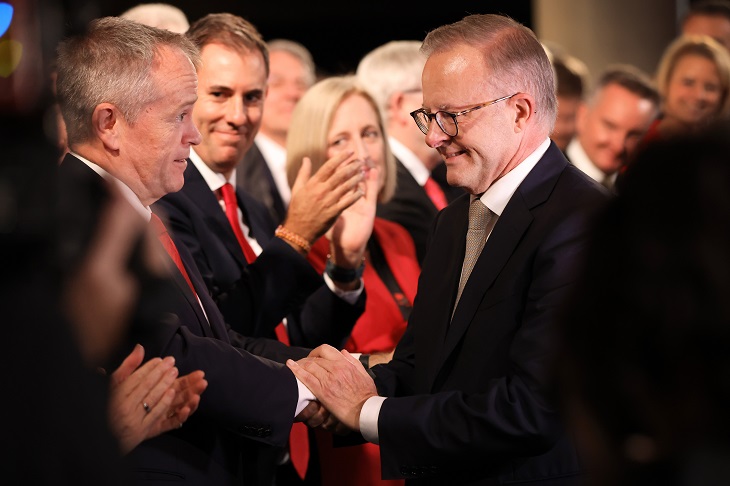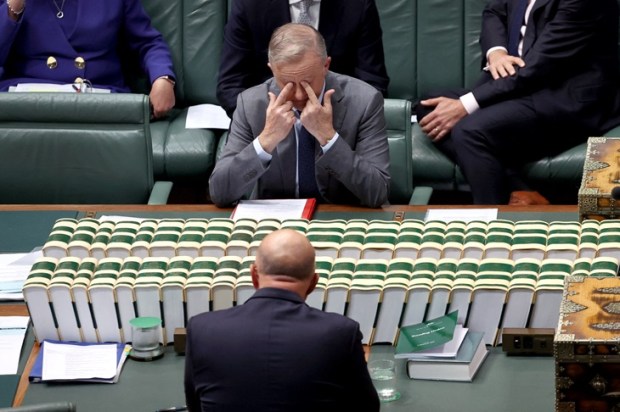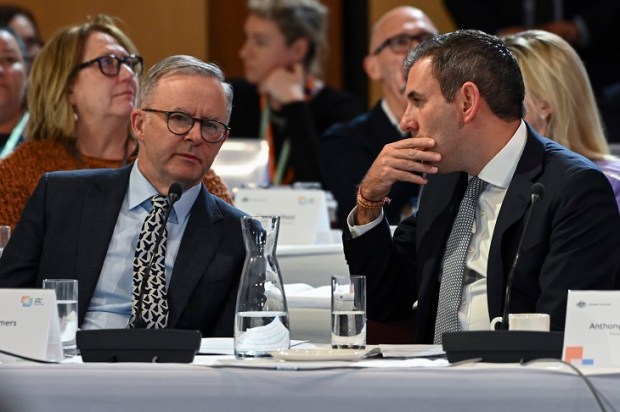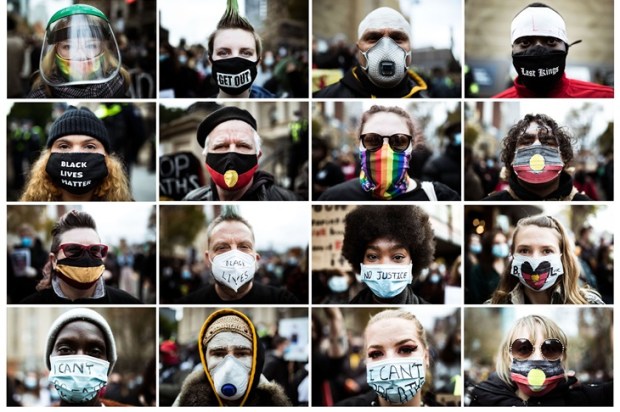If the polls are to be believed, a thumping Labor victory is to be expected at this week’s election.
This is a stark reversal of fortune considering the unflattering speculation around Anthony Albanese only a year or so ago.
Albanese makes an unlikely Prime Minister. As a former activist from Labor’s Left faction (which has typically had minority status inside Labor’s federal parliamentary ranks), it’s fair to say that few would have seen him as a future leader, let alone Prime Minister.
Aside from a stint at the Commonwealth Bank (back when it was publicly owned) when he left school, Albanese hasn’t had a job outside the Labor Party.
He began as a research officer to the left-wing darling, Tom Uren, then graduated to become Assistant General Secretary of the New South Wales branch of the Labor Party.
Albanese entered parliament in 1996, just as the Keating Labor government was swept from office. It doesn’t appear that Albanese did much to distinguish himself. A full decade elapsed before he managed a promotion to Manager of Opposition Business through Kevin Rudd and then was made Leader of the House when the Rudd government was elected the following year.
Even then, Albanese seemed too much like a dyed-in-the-wool Labor head-kicker (perhaps a Labor version of Tony Abbott?) to ever be leader. Indeed, if the Rudd-Gillard saga hadn’t burned through so many talented MPs, then maybe Albanese would still be chief strategist for the Labor Left and someone like Stephen Smith or Greg Combet would be leading the ALP.
But Albanese has emerged as somewhat of a last man standing, being perhaps the only figure from the Rudd-Gillard years to survive with his reputation – not just unscathed – but possibly enhanced. He stuck fast through Opposition and endured two agonisingly close losses in the Shorten years before taking the leadership while his rivals were still licking their wounds after the 2019 defeat. He now leads a re-energised party poised for government.
To achieve this, Albanese has had a literal and metaphorical makeover. No longer is he the left-wing activist, now he positions himself as a mainstream leader in the Hawke and Howard tradition.
The chubby, union-brawler Albanese is gone, replaced by a svelte, bespectacled statesman.
Yet true believers are understandably reticent after being burned so many times before.
Being a Labor leader is a tough gig. When Ben Chifley died, a woman said that there was no doubt he was in heaven because Labor leaders have their hell on Earth.
Labor Party history is full of tragic near misses, from Doc Evatt to Bill Hayden to Kim Beazley to Bill Shorten.
Albanese is acutely aware of this, but there is another fact against him.
Since the second world war, just three Labor leaders have led the party from opposition to government – Gough Whitlam, Bob Hawke, and Kevin Rudd.
And these Labor Prime Ministers all had one thing in common – not one of them had ever served as a Minister in a Labor government.
Indeed, Labor’s history is one of renewal. When the Chifley government fell in 1949, the next Labor Prime Minister, Gough Whitlam, was still three years away from entering parliament. Likewise, in 1975 when Whitlam was sensationally sacked, Bob Hawke was still President of the ACTU. Kevin Rudd in turn did not enter parliament for another term after the Keating government fell in 1996.
This may seem trivial but, as the natural party of opposition, Labor’s stints in government have often been full of wasted potential, leading subsequent Labor leaders to distance themselves from previous Labor governments.
As a case study, the Keating government wore out its welcome and alienated traditional Labor voters with its economic liberalism and preference for symbolic issues such as indigenous reconciliation and the Republic. Labor insiders saw this as a problem. The party under Kim Beazley, then Simon Crean, did everything they could to distance themselves from the Keating government in which they had both served. However, such rebranding was insurmountable, for two leaders both tarred by their association with the previous Labor government and it took a fresh face in Kevin Rudd to finally lead Labor to victory.
Albanese does not have the luxury of offering himself as a fresh alternative. As Minister for Infrastructure and Transport (2007-2013), Leader of the House (2007-2013), and Deputy Prime Minister (2013), Albanese was instrumental in the Rudd-Gillard-Rudd governments.
This means that he has a lot of experience but, sometimes in politics, experience can be a disadvantage.
That’s certainly the case in America with relatively untried candidates like JFK, Bill Clinton, George Bush Jr, Barack Obama, and Donald Trump all beating opponents with far greater political experience, while veterans like Bob Dole, Al Gore, and Hillary Clinton have been confined to ‘also ran’ status.
But history is not deterministic and factors like experience may be secondary to wider such as the overall context of the time.
For instance, Cold War hysteria clearly played a role in keeping Labor out of office during the Menzies era, something that Labor under Albanese does not have.
Another factor is that there seems to be a general shift towards older candidates.
In America, younger Presidential hopefuls like Marco Rubio and Pete Buttigieg have had to yield to higher-profile candidates from an older generation in Donald Trump and Joe Biden.
Where previously it might have been felt that someone younger, slicker, and with less baggage would be the one to lead their party to victory, there has been a recent trend towards older and less-stage managed candidates.
The reason for this trend isn’t quite clear, it could be that there is a newfound electoral appreciation for authenticity or it could be that it is harder in the social media age for the classical statesmen-type candidates to maintain that veneer.
As Anthony Albanese braces himself for the election this Saturday, his future is unwritten and the potential to make history remains possible.
Got something to add? Join the discussion and comment below.
Get 10 issues for just $10
Subscribe to The Spectator Australia today for the next 10 magazine issues, plus full online access, for just $10.


























Comments
Don't miss out
Join the conversation with other Spectator Australia readers. Subscribe to leave a comment.
SUBSCRIBEAlready a subscriber? Log in